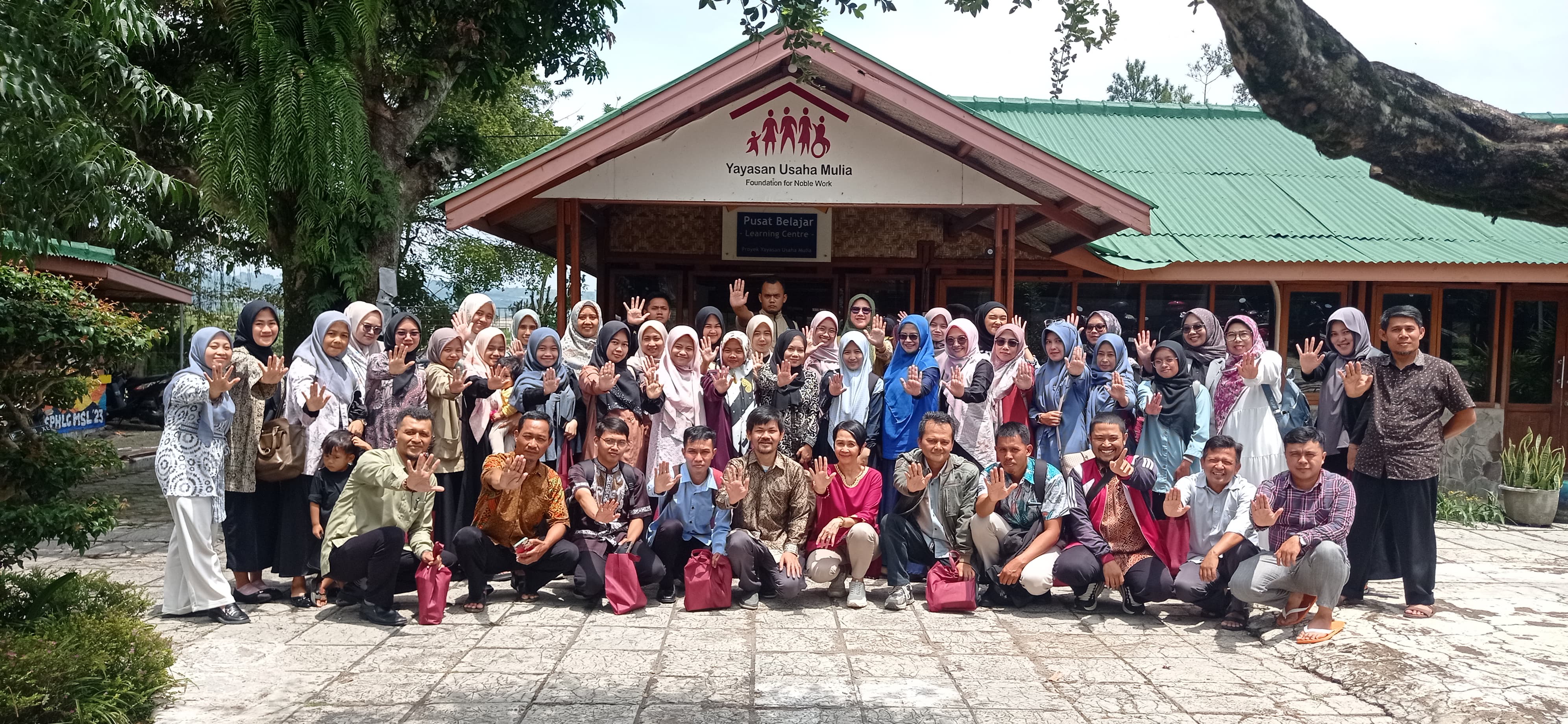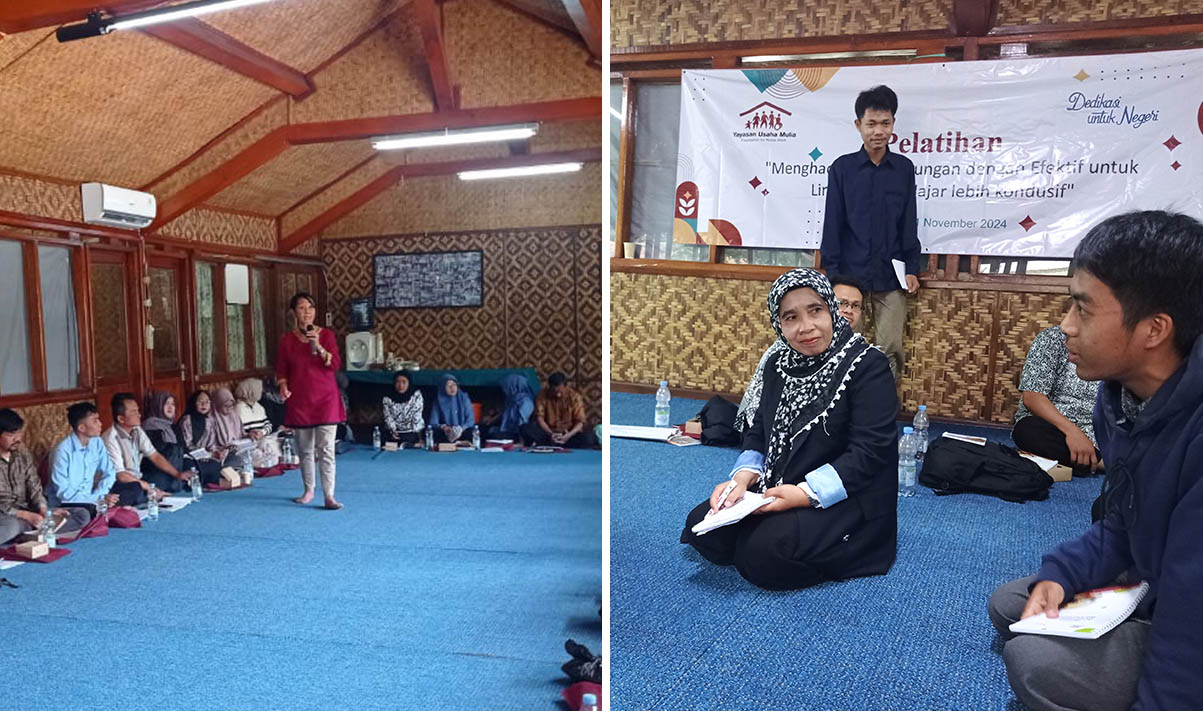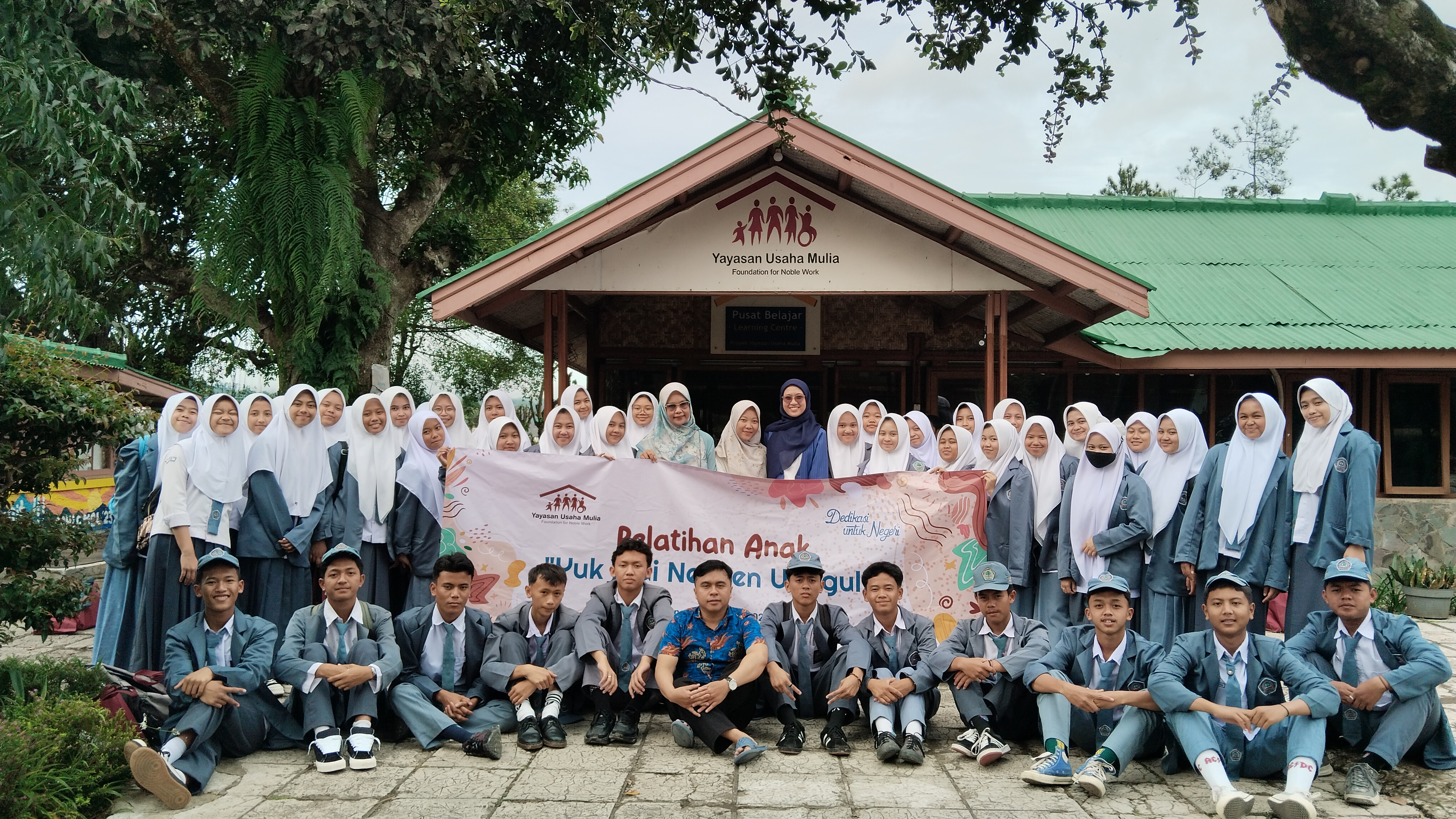Digital Parenting and Children’s Workshops on Digital Safety
- Sharing :
- Tweet

In today’s digital world, navigating the online space has become an essential aspect of a child’s upbringing. As technology rapidly advances, parents face new challenges in protecting their children from online dangers. Digital parenting has become increasingly important, as parents must be proactive in guiding their children through the digital world to ensure they are safe and responsible online.
Many children are exposed to various risks online, including addiction to devices, exposure to inappropriate content, and online harassment. Statistics from the Kementrian Kesehatan (Ministry of Health) and Kementrian Pendidikan dan Kebudayaan (Ministry of Education and Culture) highlight alarming statistics: 95% of students in junior high and high school have been exposed to online pornography, and 4.6% are categorized as mildly addicted to it. This underscores the need for parental guidance to protect children from digital dangers.

Last November and December, YUM organised workshops on digital parenting for around 200 teachers and parents in Cipanas, West Java. These workshops provided guidance for teachers and parents in understanding their critical role in supervising their student/child’s online activities, with a focus on balancing screen time and fostering healthy digital habits.
In addition, workshops were also organised for 300 students in the area to educate them about potential online dangers. Children were taught about the risks of excessive screen time, online predators, and how to protect their privacy. They also learned how to identify signs of digital addiction, the importance of privacy, online etiquette, and how to handle online threats, such as cyberbullying.

For example, 55% of children who participated in a digital safety workshop had no prior knowledge of online risks, such as cybercrimes. However, after attending the workshop, 71% of participants stated they were more aware of the prevalence of online bullying, gambling, and identity theft. These workshops equip children with the tools to protect themselves online.
By integrating practical examples and real-world case studies, such as online crimes against children, these workshops helped both parents and children understand and manage the complexities of digital safety. With the knowledge gained, children can learn to navigate the online world safely, and parents can ensure they provide the necessary supervision and guidance. This collective effort aims to prevent harmful exposure and ensure the digital space remains a safe, productive environment for children.
- Sharing :
- Tweet
